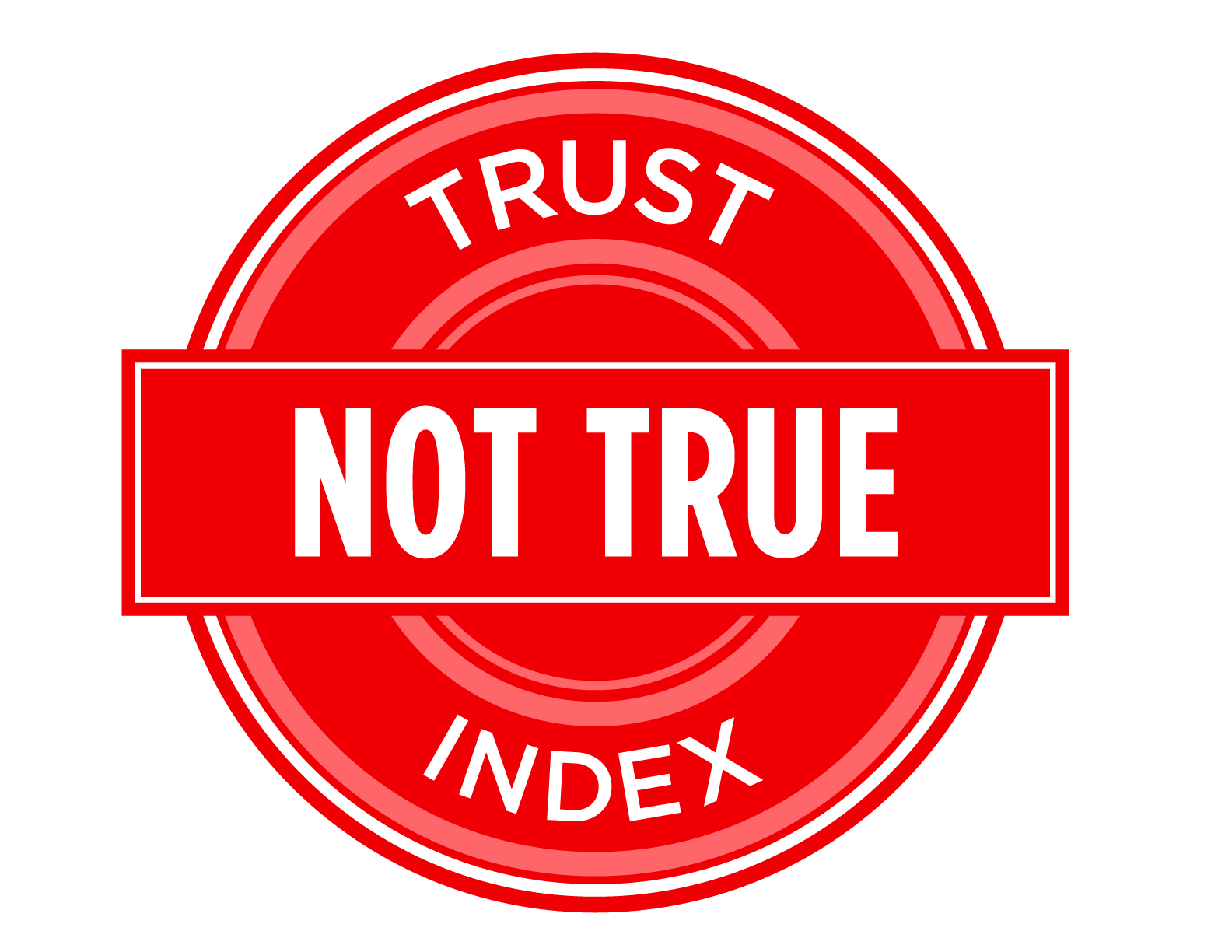DETROIT – As Congress is still locked in talks over whether to pass President Joe Biden’s bipartisan infrastructure bill, some new political advertisements are making big claims about what it means for retirement funds.
The advertisements are being run by the PAC Common Sense Leadership Fun, a national group that is spending $10 million across seven states. In Michigan, the advertisements are targeting Democratic officials in moderate districts -- such as Elissa Slotkin, Haley Stevens and Dan Kildee.
More: Trust Index
Will the infrastructure plan raid retirement funds?
There are multiple claims in the the political advertisement, but the main one alleges that Biden’s plan will raid retirement funds of average American citizens.
This is false. While there’s always hyperbole in advertisements like this, this one goes a bit too far. Most of us are familiar with a 401k or IRA accounts. These are taxed when you make contributions. Roth IRAs -- the focus of the Build Back Better Act -- are not taxed because they’re usually made after that money has already been taxed, which makes it a popular choice for the wealthiest Americans to shield their money from taxes.
Under the act, it would be harder for people to build Roth IRA retirement accounts into 10s of millions or billions of dollars, like they can exist now. It would force people who make more than $400,000 a year, or a couple making $450,000 a year, to start making withdrawals after their accounts hit $10 million, so that money can be taxed.
There just aren’t many Americans that the plan would impact. A Senate Finance Committee report showed just over 3,600 people -- out of the 51 million people who have a Roth IRA -- would be impacted. That’s roughly .007% of those with a Roth IRA and .001% of U.S. citizens. Very few Americans would be affected and those that are don’t represent the average American like the advertisement wants you to believe.
Local 4 was unable to find the average balance for Roth IRAs in Michigan at retirement age, but a recent look at retirement savings overall shows Michigan has about $440,000 saved on average -- well below the $10 million threshold.

After review, we've found this information is Not True.
Related:
